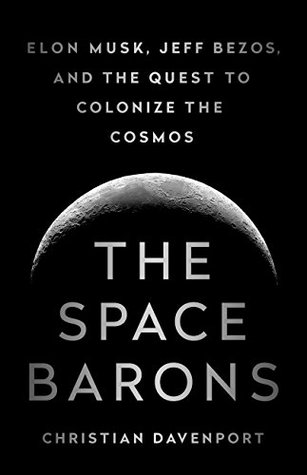More on this book
Community
Kindle Notes & Highlights
Read between
April 28 - May 30, 2022
As in Vegas, he knew the longest odds led to the greatest payoffs.
“Most of us struggle with fear,” Sarsfield said. “We fret about this and that and generally dread looking dumb. I found Elon fearless in this regard. He’s not afraid to ask a question that proves he doesn’t understand something.…
During the Apollo 11 mission to the moon, the average age in mission control was just twenty-six. Gene Kranz, the flight director with the flat-top and steely nerves, was thirty-five, the senior statesman, “the old man in the room,” he said.
“I thought we had maybe a ten percent chance of doing anything, of even getting a rocket to orbit, let alone getting beyond that and taking Mars seriously. But I came to the conclusion if there wasn’t some new entrant into the space arena with a strong ideological motivation, then it didn’t seem like we were on a trajectory to ever be a space-faring civilization and be out there among the stars.”
The wave of new companies touched off an Apollo-like renaissance in the top aerospace engineering programs. At Purdue University, applications for the undergraduate aerospace engineering program jumped 50 percent.
“We all have passions,” he told the students sitting before him on the floor. “You don’t get to choose them, they pick you. But you have to be alert to them. You have to be looking for them. And when you find your passion, it’s a fantastic gift for you because it gives you direction. It gives you purpose. You can have a job. You can have a career. Or you can have a calling.”
Now, it was nearly fifty years since the height of the Space Age. The Apollo astronauts had blazed a trail that no one followed, their prophecies left unfulfilled. Here, though, was a new generation, one ready to resurrect the dreams of their childhood, replicate the feats of their heroes, inspire as they had been inspired.


